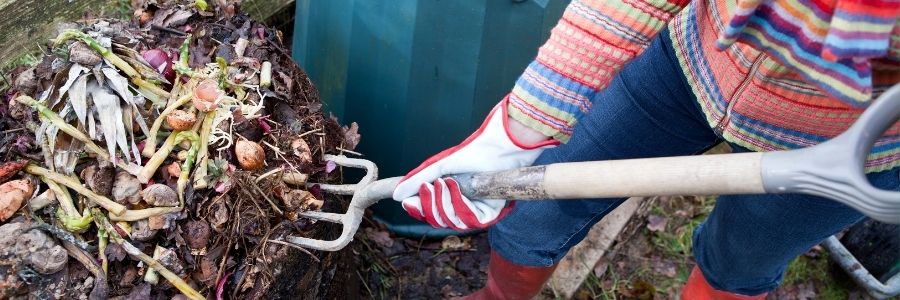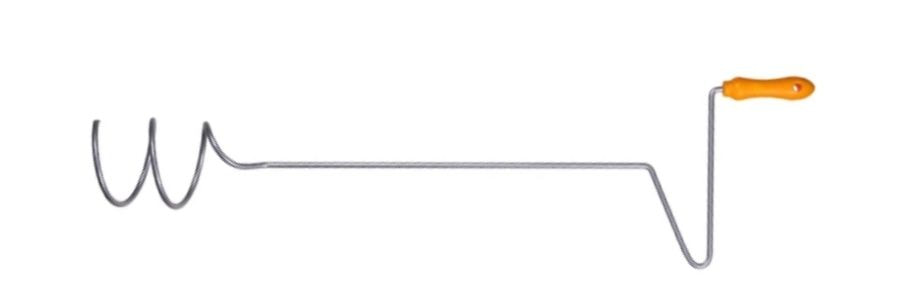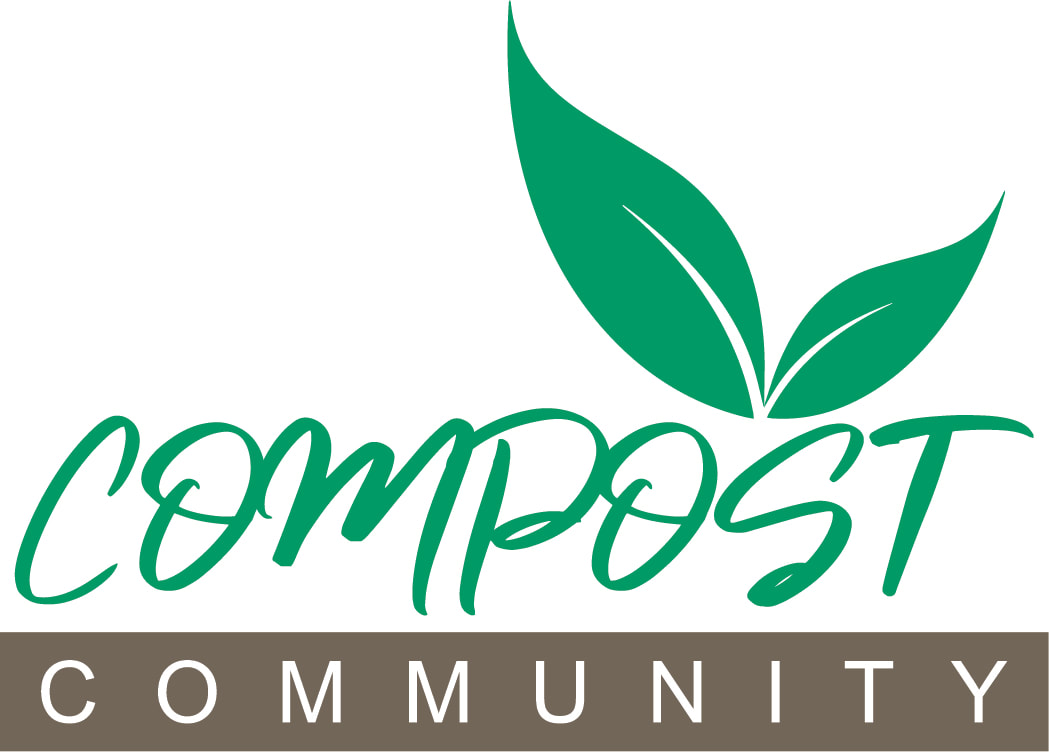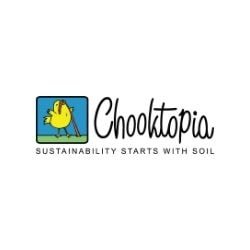|
By Emily Tully Want to turn your compost into rich organic matter for the garden, quick smart? Get air in there! Aerating your compost will help to create the ideal conditions for rapid breakdown of your organic waste. Healthy compost is full of millions of insects and aerobic bacteria that break down the organic matter. Like us, compost critters need air to breathe. Compost that is aerated will produce rich compost five times faster than organic waste that’s left to decompose on its own. The most crucial reason to encourage air into your compost is that without it, ‘bad’ bacteria will take over and your compost system will rot. Rotting compost not only smells, but creates methane gas, which is 21 times more potent a greenhouse gas than carbon dioxide. There are a number of ways to add air to your compost. You can dig into and turn your compost with a garden fork or shovel. Pipes with holes along their length can bring air into the lower levels of your compost. Tunnelling holes into your compost will also help to bring in air. A compost aerator is a quick, easy and effective tool to use. Insert it into your compost and twist in several places to break down and bring air to your compost. An aerator can also bring rich compost from the bottom of your bin to the top, ready for use in your garden. For your compost to thrive it needs ADAM; Aliveness, Diversity, Air, and Moisture.
Explore Compost Maintenance page to find out more about the other letters in the ADAM principle.
2 Comments
ngfch
23/1/2024 12:11:15 am
asasasass
Reply
ssssssssssss
23/1/2024 12:12:38 am
sssssssss
Reply
Leave a Reply. |
|
(c) Chooktopia 2024 Compost Community is a program by Chooktopia (Ninti Earth Pty Ltd) in partnership with local councils. Phone 03 97766559 or 0418 879 667 10am-5pm Mon-Fri; SMS other times 1195 Westernport Hwy Langwarrin 3910 by appointment only. Terms of use and Privacy Policy
|




 RSS Feed
RSS Feed










